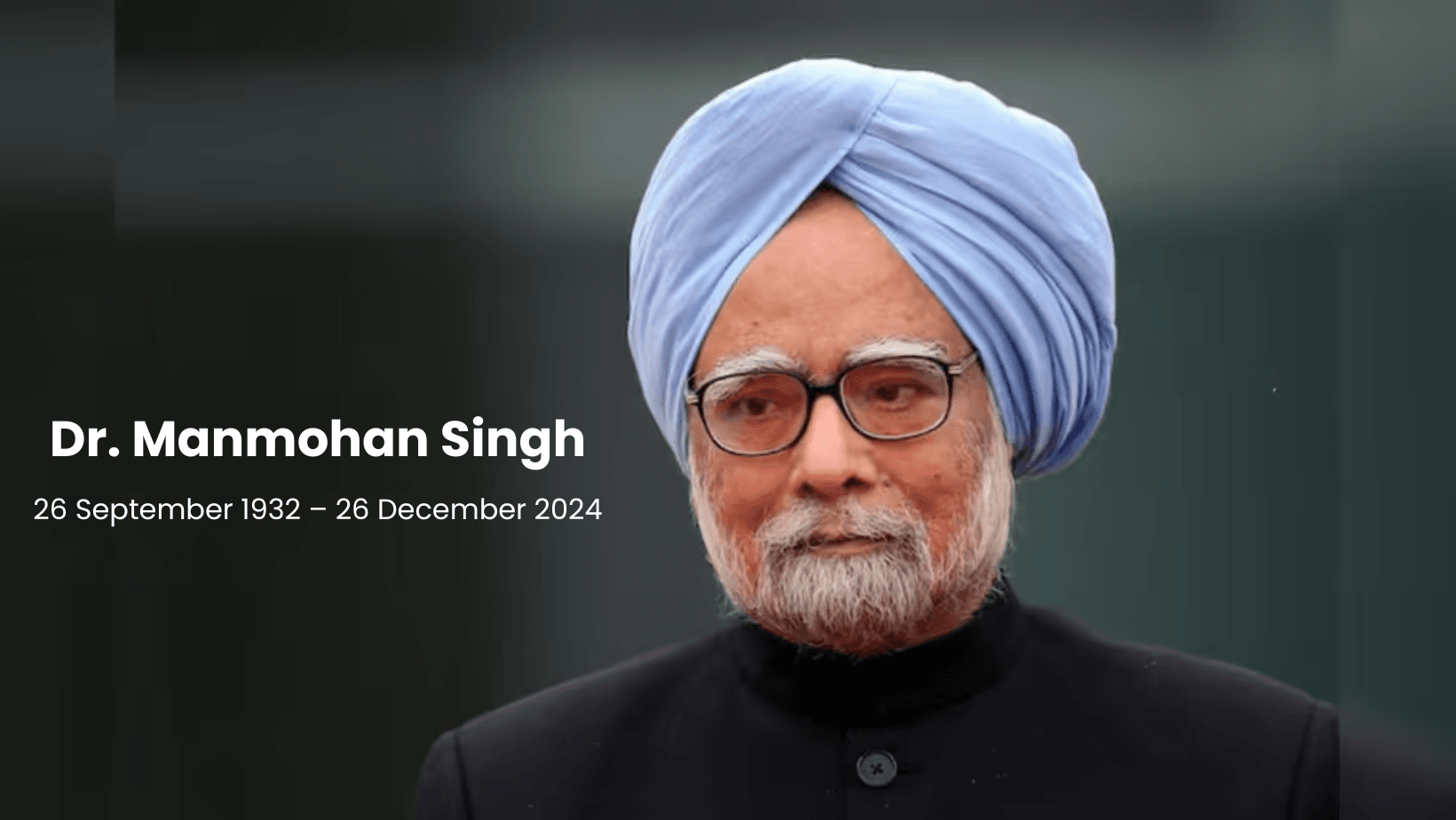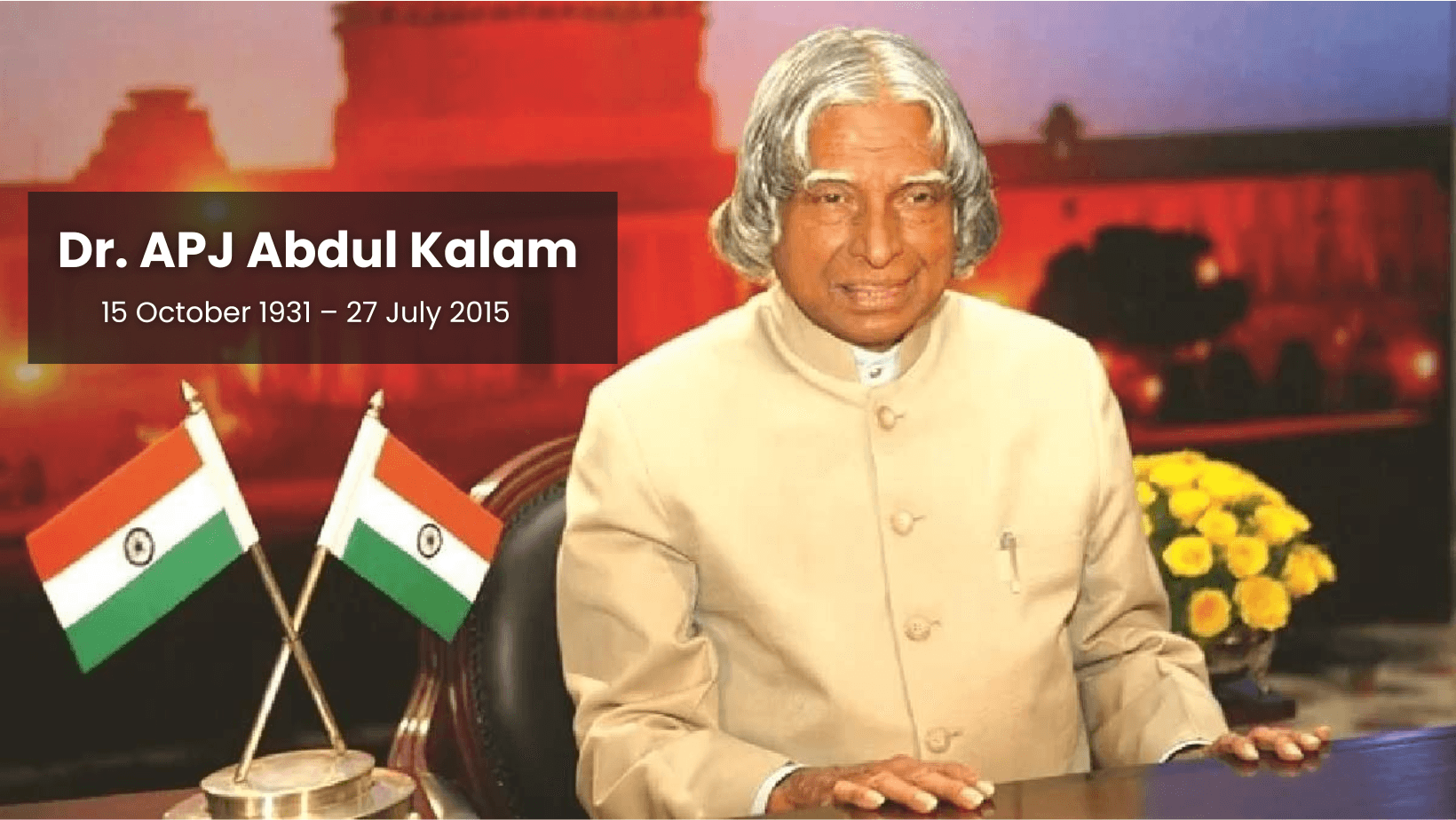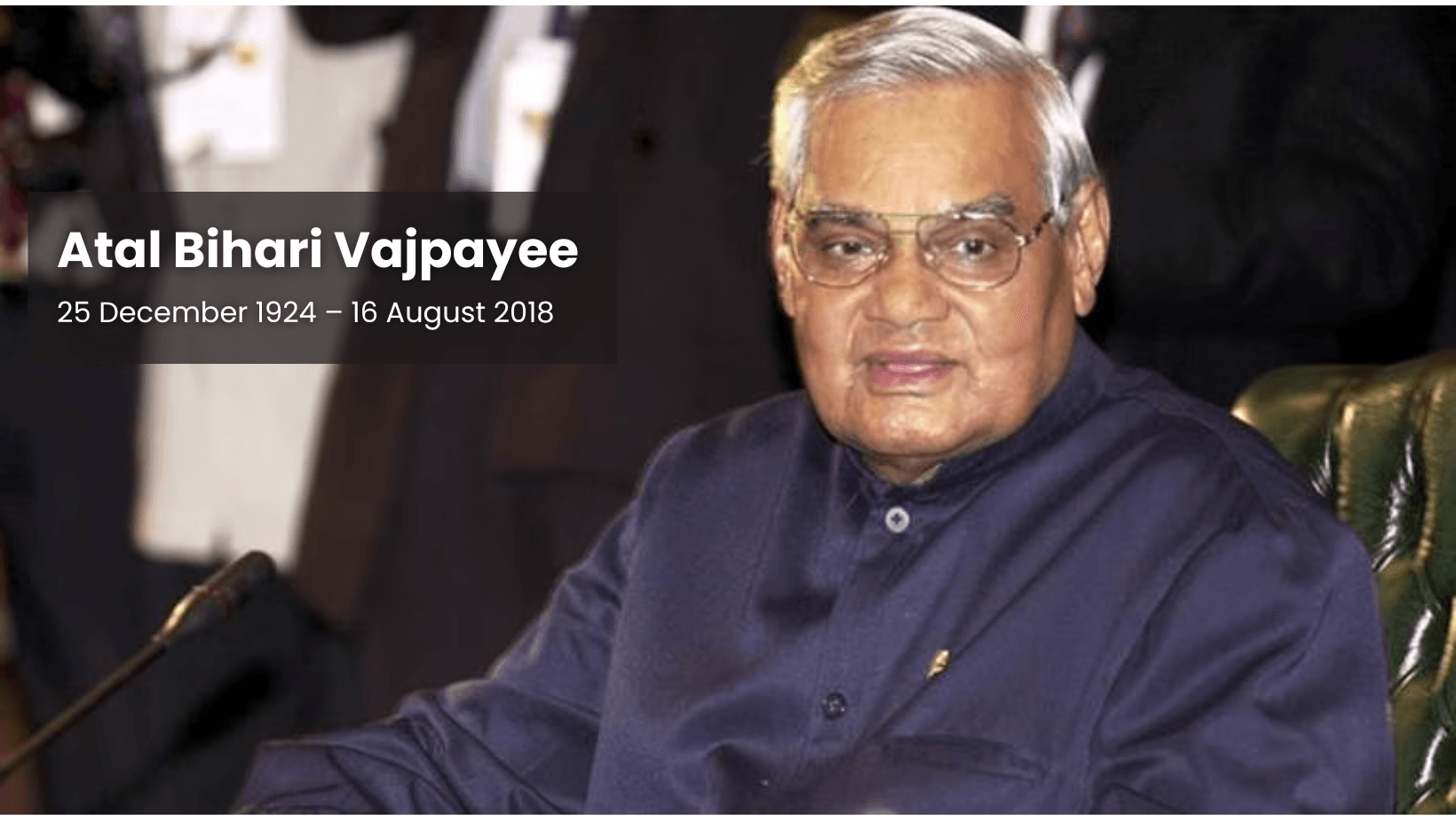Dr. Manmohan Singh, one of India’s most respected leaders, served as the 13th Prime Minister from 2004 to 2014. Renowned as a skilled economist and a soft-spoken statesman, he was instrumental in transforming India’s economic landscape. This article explores his life, achievements, and enduring legacy.
Early Life and Education Born on September 26, 1932, in Gah (now in Pakistan), Manmohan Singh’s journey from a small village to the corridors of power is inspirational. He grew up in humble circumstances and displayed exceptional academic prowess from an early age. After completing his schooling in Pakistan, he moved to India following Partition.
Dr. Singh pursued his higher education at Punjab University, where he excelled in economics. He went on to study at the University of Cambridge, earning a degree in Economics in 1957, followed by a DPhil in Economics from the University of Oxford in 1962. His academic brilliance earned him accolades and prepared him for an illustrious career in public service.
Career Highlights
1. Economist and Reformer Dr. Singh began his career as an economist, working with institutions like the United Nations and the Reserve Bank of India. As Chief Economic Advisor in the 1970s and later as the Governor of the Reserve Bank of India, he shaped policies that laid the groundwork for India’s financial stability.
His tenure as the Finance Minister from 1991 to 1996 was a defining moment in India’s history. Faced with a severe economic crisis, he introduced groundbreaking reforms under the leadership of then-Prime Minister P.V. Narasimha Rao. His policies of liberalization, privatization, and globalization transformed India into a competitive global economy and opened doors to foreign investments.
2. Prime Ministerial Tenure As Prime Minister, Dr. Singh led India through a period of robust economic growth and global recognition. Key achievements of his government include:
- Economic Growth: Under his leadership, India’s GDP grew significantly, lifting millions out of poverty and enhancing India’s global economic stature.
- US-India Nuclear Deal: The landmark agreement in 2008 strengthened India’s energy security and strategic partnership with the United States.
- Legislative Milestones: Dr. Singh’s government implemented transformative policies such as:
- Right to Information Act: Empowering citizens with transparency in governance.
- Mahatma Gandhi National Rural Employment Guarantee Act (MNREGA): Providing employment opportunities to rural households.
- Food Security Act: Ensuring access to subsidized food grains for the underprivileged.
3. Global Diplomat Dr. Singh’s calm demeanor and expertise earned him respect on the global stage. He strengthened India’s relations with major powers like the United States, Russia, and China, while championing India’s interests in forums like the G20 and the United Nations. His efforts helped elevate India’s status as a global player.
Challenges and Criticisms Despite his numerous achievements, Dr. Singh’s tenure was not without challenges. His administration faced criticism for corruption scandals and policy paralysis during its second term. However, his personal integrity remained unquestioned, and his contributions to India’s progress far outweighed the controversies.
Legacy Dr. Manmohan Singh’s contributions to India’s development extend beyond politics. He is remembered for his integrity, dedication, and vision for a prosperous India. He is celebrated as the architect of modern India’s economic reforms and a leader who prioritized inclusive growth and development. His legacy continues to inspire policymakers and citizens alike.








